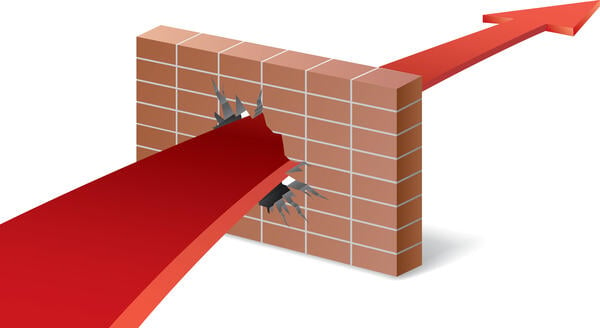
"Disruption is a fundamental change in the way an institution operates, ideally motivated by a desire to reposition in order to take advantage of future opportunities."
"Budget cuts, while sometimes necessary, are usually not disruption because they are often responsive to immediate shortfalls without reflecting a forward vision."
"Higher education is not accustomed to disruption. Since World War II, colleges and universities in the U.S. have met challenges by expansion."
"The hiring freeze...is the very antithesis of the disruption ideal, because...it only acts to preserve existing structures at the cost of change."
Higher education faces pressing demands for disruption due to factors like demographic shifts, financial model changes, and technological advancements. Disruption refers to profound changes in operational practices aimed at seizing future opportunities, but it usually meets resistance as it alters existing stakeholder dynamics. Budget cuts and hiring freezes typically do not constitute real disruption, as they respond to immediate challenges without visionary change. Since World War II, educational institutions have primarily expanded in response to growth, but current threats necessitate a reevaluation of this approach and foster true innovation and adjustment.
Read at Inside Higher Ed | Higher Education News, Events and Jobs
Unable to calculate read time
Collection
[
|
...
]